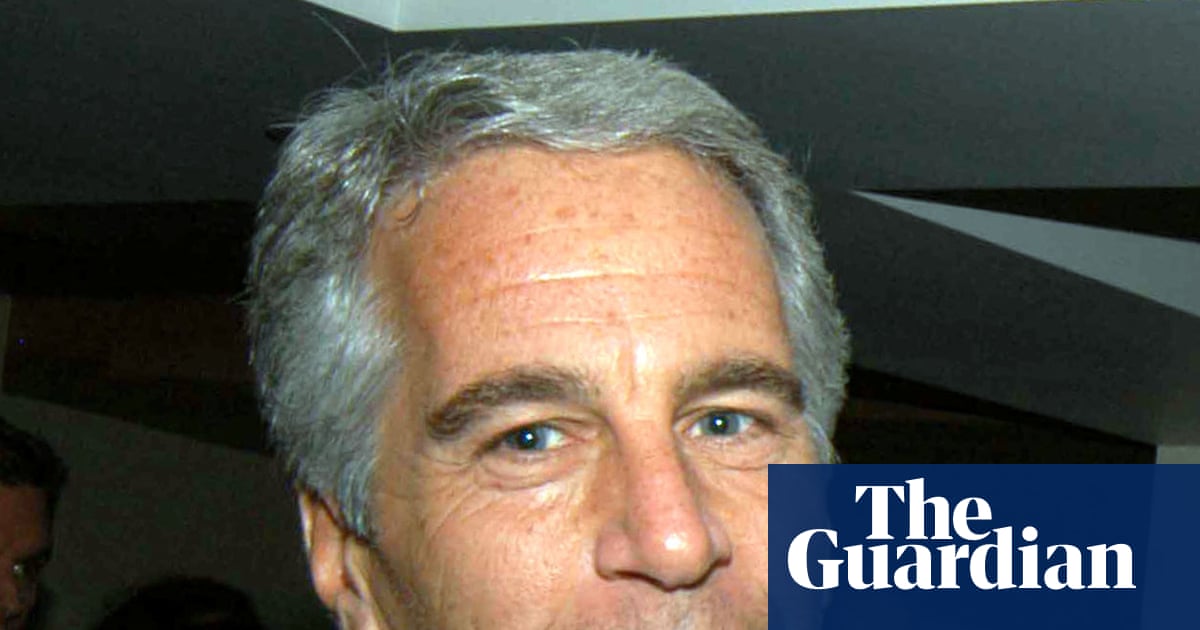You’re going to want to sit down with a big glass of water for this one, because I’m afraid I have some bad news. Here we go: alcohol is not terribly good for you. Shocker, right? You’ve probably never heard anything like this before in your life. No doubt, you’ve been choking down a glass of pinot with dinner whenever you can stomach it because you thought it was good for your cholesterol. Instead, it is elevating your risk of cancer.
If public health experts have their way, the fact that alcohol is carcinogenic is going to be very hard for British drinkers to ignore. Dozens of medical and health organisations recently wrote to Keir Starmer urging the prime minister to force companies to include “bold and unambiguous” labels on booze bottles, warning that alcohol causes cancer.
Currently only about a quarter of countries require any sort of health warnings on alcohol and these are generally vague and in small print. However, there are growing calls for more aggressive messaging. In 2016, South Korea mandated a number of warning labels for alcohol, including one that specified links to liver cancer. (Manufacturers can choose which label to use, and don’t need to use the one linked to cancer.) In 2023, meanwhile, Ireland signed a law (which comes into effect next year) that made it the first country to mandate warning labels specifying a direct link between alcohol and fatal cancers.
The US has been mulling a similar move: Vivek Murthy, the US surgeon general under Joe Biden, called for alcohol warnings in a report published in January. Might Donald Trump’s current nominee for surgeon general, Casey Means (a wellness influencer who doesn’t have an active medical licence), carry out these recommendations? Possibly. She’s been outspoken about the harms of alcohol, albeit in an idiosyncratic way. “When I’m off my healthy habits, and drinking regularly, it feels like the mystical realm is harder for me to access,” Means wrote in an old blog post about her dry January efforts.
“I so eagerly want to thin that veil between me and the spiritual dimension,” she added, “so for me, I think alcohol needs to take a lesser role in my life.” Warning: alcohol may give you cancer and also throw your chakras out of balance.
While it may be a little paternalistic, I think putting more explicit warning labels on alcohol is a sensible move. Yes, we all know that alcohol is bad for us, but knowing something in the abstract is very different from being reminded about specific risks at the point of consumption. And while few people labour under the delusion that alcohol is a health product, there is evidence that a lot of people don’t understand the risks involved with even relatively small amounts. There are certainly a lot of things I wish I had known about alcohol early on in my drinking life, including the fact that you might not necessarily have any symptoms of liver damage until you are in serious trouble. I am not fully retired from drinking now but, like a lot of people, I’m “sober curious”.
All that said, I am sceptical about the efficacy of the “No amount of alcohol is safe for you” messaging put out by the World Health Organization in 2023. Messaging that absolutist can be easy to ignore or can be used to justify binge-drinking. After all, if no amount of alcohol is good for you, then what’s the point of stopping at one? Some experts have also argued that the “Every drop is evil” messaging lacks nuance and cherrypicks data. “The data do not justify sweeping statements about the effects of moderate alcohol consumption on human health,” two researchers from the Harvard TH Chan School of Public Health said in an opinion piece last year.
In 2018, David Spiegelhalter, a British expert in the public understanding of risk, similarly noted that the public should be given more detail on the degree to which low-level alcohol use actually increases your risk of cancer. He added: “Claiming there is no ‘safe’ level [for drinking] does not seem an argument for abstention. There is no safe level of driving, but government do not recommend that people avoid driving. Come to think of it, there is no safe level of living, but nobody would recommend abstention.” He’s quite right about that last bit, I’m afraid: recent research shows that life comes with a 100% risk of death. A sobering statistic if ever there was one.
Arwa Mahdawi is a Guardian columnist

 2 months ago
90
2 months ago
90

















































